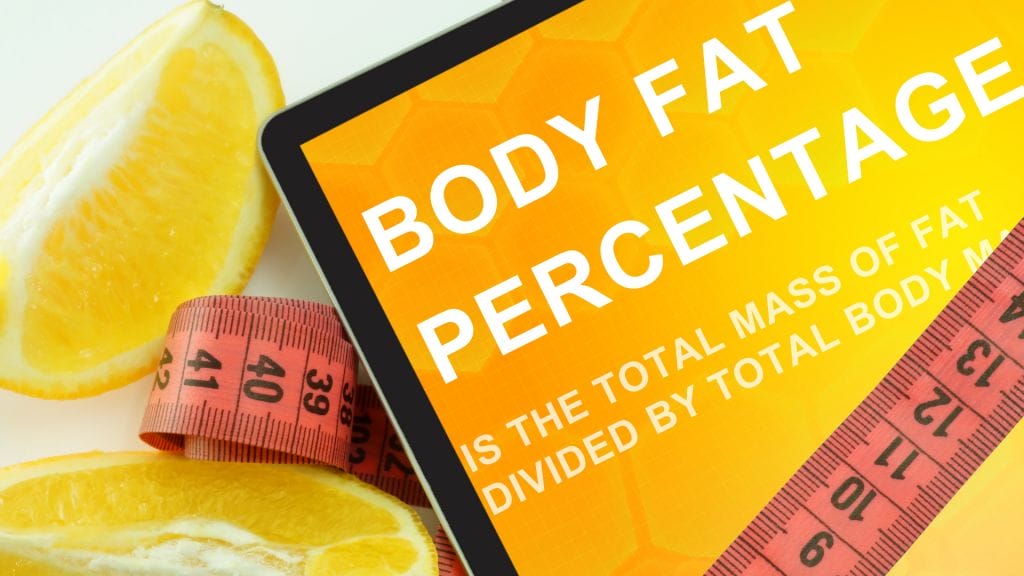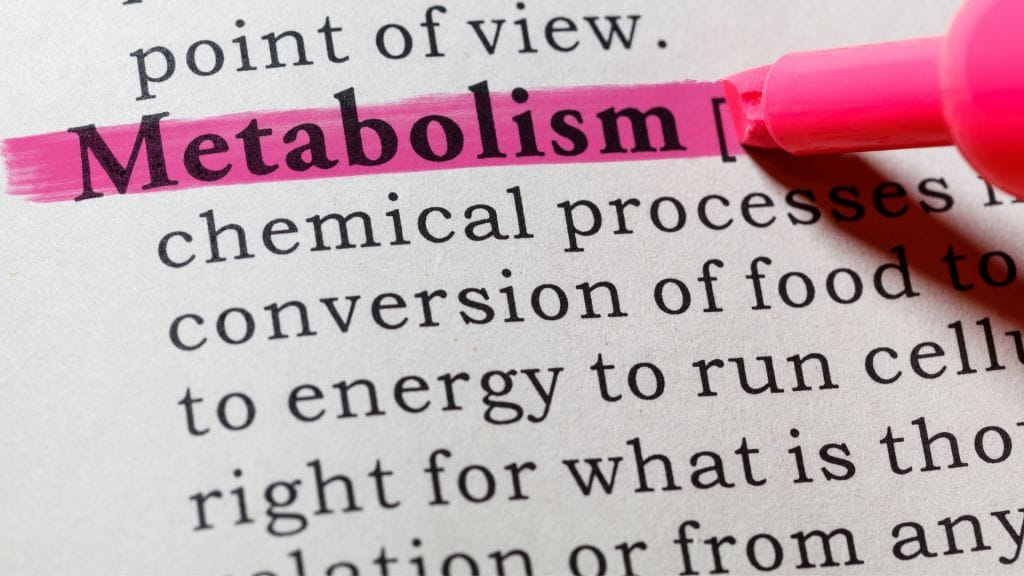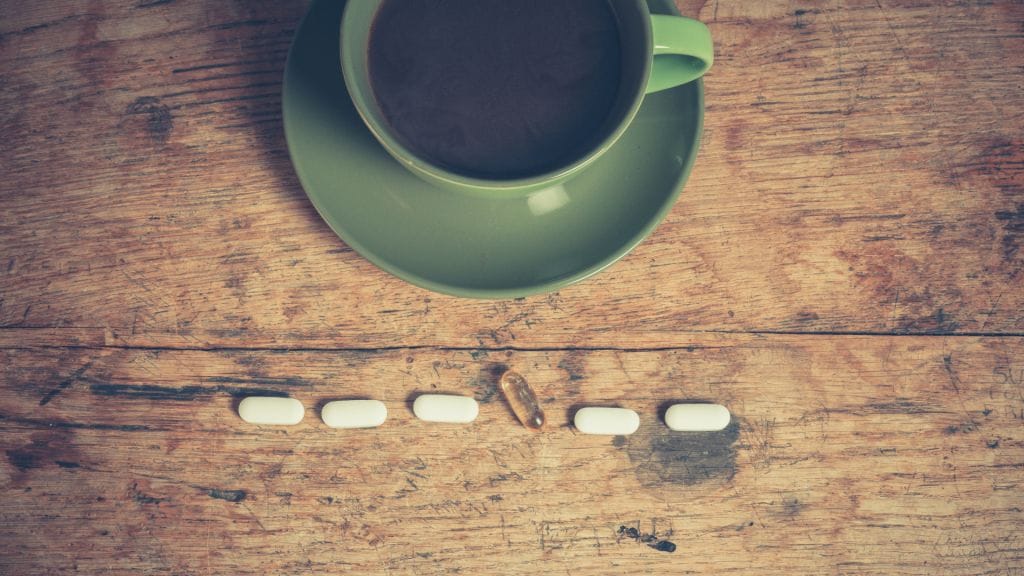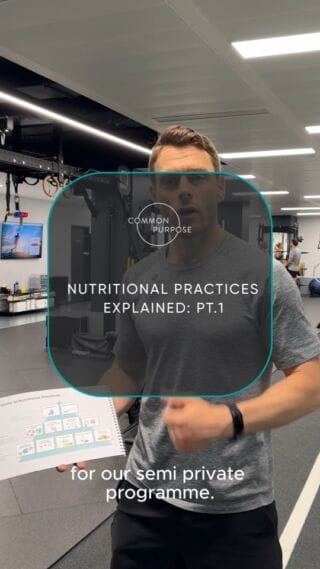Although a seemingly arbitrary distinction, weight loss and fat loss are two different things, and important to remember when tracking progress. The weight you lose over a short period (2-3 weeks) won’t all come from fat. Don’t get us wrong, the plan is always to maximise fat loss, but some of the weight loss will inevitably include some lean body mass e.g. water, glycogen, even stomach contents!
As a note, this is why people often feel like they regain weight when coming off a strict diet. Very low carbohydrate diets, for example, will gradually deplete muscle glycogen, which also means water content. Upon the re-introduction of carbohydrates, these stores will be replenished, hence the appearance of weight gain.
Having said this, losing weight does indicate you’re heading in the right direction (in a calorie deficit), and there will be some significant fat loss, it is then down to a well-structured exit strategy to ensure you carry on utilising fat for fuel and retaining as much lean mass as possible.
How Much and How Fast?
How much weight you lose and how quickly will depend on how much you weigh in the first place. A nice rule of thumb is that 1lb of fat costs about 3,500kcal. If you start at high body weight (and body fat %), your maintenance calories will be high, thus giving you more room to create a calorie deficit.
Example
If a 200lb man expends 3,000kcal/day and starts eating 1,250kcal/day, his daily deficit would be 1,750kcal (3000-1250). So technically he could shift 1lb of fat every 2 days.
If a 140lb man expends 2000kcal a day and goes on the same 1,250kcal/day diet, his deficit would be 750kcal a day (2000 – 1,250). So it would take 4-5 days to lose the same 1lb of fat.
To even the scales (pardon the pun) we can look at weight loss as a % of starting body weight. So, if a 200lb person loses 10lb, that’s a 5% loss of body weight. A 100lb person will need to lose half the actual weight (5lb) for the equivalent percentage loss (5%).
A weight loss of 3-5% of body weight over 2 weeks is realistic if you stick to the plan.
Down to the Bare Essentials
Some nutrients from the food you eat are “essential”. Essential nutrients are those which your body cannot produce/make itself, so need to derive from food and drink.
To stop the body from eating into its lean mass to much, we will ensure that you maintain the required intake of essential nutrients. This is done by prioritising certain food choices and taking specific supplements.
The Essential Nutrients are:
- Essential Fatty Acids (EFAs) – Omega 3 and 6.
- Essential Amino Acids – histidine, isoleucine, leucine, lysine, methionine, phenylalanine, threonine, tryptophan, and valine.
- Most Vitamins and Minerals.
Prioritising Protein
When it comes to prioritising macronutrients (carbohydrates, fats and proteins) for body composition and fat loss, protein wins! The word protein is translated from the Greek word “proteios”, meaning “primary”, or “holding first place”.
When in a relatively large calorie deficit, the body will use amino acids (the building blocks of protein) to form glucose. Glucose your bodies main energy source, and without it, you would die (ask a diabetic). When glycogen is depleted and adequate protein is not present, it will take these amino acids by breaking down muscle tissue. This is not ideal.
This is why we recommend a relatively high protein intake (1.5-2g/kg of lean body mass (3)). Supplements may be required if you’re struggling to meet the required protein targets.
What about “Starvation Mode” and “Metabolic Damage”?
 Common Purpose Team
Common Purpose Team







